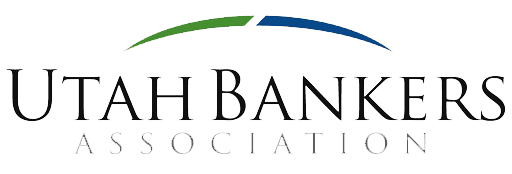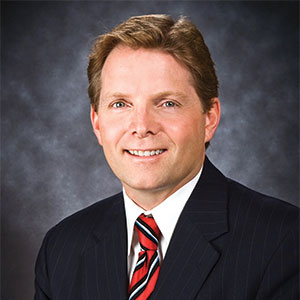From this point forward, bankers can’t look at the political process the same.
Everything changed the moment the President of the United States of America nominated Saule Omarova to be the top banking regulator. This is a person who is vocal about wanting to eliminate the U.S. Banking system as we know it. Some found her views to be shocking, but for me, they confirmed everything I’ve been watching for the last 15 years or so. The fact is, she is NOT the only person inside the beltway that wants to eliminate banks.
The banking industry plays a central role in the allocation of capital in the most successful free-market economic system in the world. Every day, thousands of independent banks and credit unions make millions of decisions that distribute capital for the best and highest uses in the economy. It has worked brilliantly and produced the greatest economy in the history of the world. However, over the past 18 months, it has become clear that powerful and vocal elements in our society want to change everything about our economy, and in order to do that, they have to get rid of the banks!
These radicals believe that only the government — controlled by them — is worthy of deciding who gets credit and who does not. They believe that they can never implement the kind of broad economic changes they seek until they control the allocation of capital in the economy. These beliefs have been underpinning all the disastrous banking policies they have been promoting for the last 15 years; Omarova is just the first one to publicly explain what they are up to.
Omarova’s nomination makes it clear why Elizabeth Warren has been quietly destroying small banks through outrageously miscalculated regulations. Driving up regulatory costs spurs consolidation, and it’s a lot easier for her and her allies to dictate the behavior of a few big banks.
And that explains why, during that same period, Marty Gruenberg quietly oversaw the longest drought of De Novo bank formations in U.S. history. And finally, Omarova’s nomination put all the efforts to force banks to discriminate against legal U.S. businesses into a much clearer focus — a handful of radicals inside the beltway desperately want to control the allocation of capital in the U.S.
But now, they aren’t messing around with half-measures that would require decades to achieve their desired results; they are getting right to the point. Direct government control of banking in the U.S. starts with postal banking and quickly leads to a Central Bank Digital Currency, which would effectively nationalize the U.S. Banking system. And when all deposits are direct with the FED, who would make all the loans? I’m sure it’s just a coincidence that in the last few weeks, the SBA has been exploring new programs to bypass banks and make loans directly to small businesses.
So even though Omarova’s nomination eventually collapsed, the intentions of these radicals are clear, and their strategies are on the table. This is a turning point for bankers. This will be the moment when bankers realize that there is a well-organized, radical political faction in Washington D.C. that wants to see the banking industry disappear — all banks, big and small. Their attempts in the past to placate one faction over the other were lies. Elizabeth Warren and her allies don’t like small banks any more than they like the big ones, but they know it will be easier to achieve direct government control of banking if banks are fighting internally instead of fighting together.
The fact that a sitting President would nominate a radical like Omarova to be the top banking regulator in the U.S. is a wake-up call for all bankers. Her nomination may have failed, but it succeeded in exposing the fact that these radicals will not be satisfied until they have total control of the flow of capital in America and can use that power to pick and choose the winners and the losers. It sounds crazy — it is crazy! — but it is also very true. If you don’t believe me, you need to read “The People’s Ledger” by Saule Omarova.








